At the end of last year, barrels of gorse began to travel from Ireland to Baden-Baden in Germany and the Welsh uplands. There the bush is being tested for its ability to carbonise at high temperatures into biochar – the technical name for charcoal.
This may seem like an expensive way of eliminating the unwanted vegetation, but the tests run alongside a new market study concluding that “biochar is identified as a valuable product, with an approximate value of €1,750/t”.
The report was compiled by environmental consultants Miltcon Services for the EU-funded Re-Direct project. This initiative links up the Irish Bioenergy Association and the Western Development Commission, with partners across northwestern Europe interested in extracting cash out of the biomass farmers usually don’t want – crop residues and weeds.
The project is looking at a wide range of waste materials, including rushes, bracken, rhododendron and even the dreaded Japanese knotweed, said Stephen McKenna of the Western Development Commission. Farm and food waste, and poor-quality grass from riparian margins or municipal green spaces could also be turned into the specialist charcoal.
While the volumes of biochar sold in Ireland are confidential, Europe consumes an estimated 8,000t, valued at around €14m annually, the study found. Research has established the material’s ability to increase soil carbon, in turn boosting fertility and absorbing carbon dioxide.
There is also a growing body of evidence pointing to its benefits as a feed, silage, slurry or fertiliser additive, improving efficiency and reducing greenhouse gas emissions.
But the real money is in further processing the biochar with steam to make activated carbon. This black powder plays a crucial role in industrial filters for waste and water treatment plants, chimney stacks and food processing. This market was worth €3.7bn worldwide in 2017, mostly supplied from Asia, where coal and other sources such as coconut shells are used. In Ireland alone (north and south), an estimated 1,275t of activated carbon is sold each year at prices ranging between €2,000/t and €3,500/t – and up to €25,000/t for high-tech specialist products traded in tiny volumes.
“There have been significant price increases in the last 18 months,” said Derek Milton of Miltcon Services.
Beating cheap, imported, Asian activated carbon won’t be easy – unless we take into account its impact on climate change. The study found that greenhouse gas emissions along the production chain of activated carbon from Irish residues and weeds was negative, while making it from coal released large amounts of CO2.
A separate Biomass to Biochar project, also EU-funded, is now under way to test biochar production on Irish farms with a mobile pyrolisis unit under construction in Co Tipperary.
“The idea is to transfer the ecosystem services provided by marginal land in the west to more productive land in the east,” said project leader Bernard Carey. “One side gets paid and the other can offset their emissions.”
Torrefied fuels
Solid fuels manufacturer CPL announced at last week’s Bioenergy Future conference that it had processed its first load of biomass at its new hydro thermal carbonisation (HTC) plant in Foynes, Co Limerick. Much like biochar, the process generates high heat to convert organic waste into carbon-rich products. According to CPL, the HTC technology adds the advantage of accepting high-moisture feedstocks, such as slurry, food or green waste and sewage sludge, with the Foynes plant capable of processing 30,000t/year. The resulting fuel “looks, feels and burns like peat”, said CPL’s Jason Sutton, adding that the company would progressively increase such renewable content in its briquettes sold in Ireland while using less coal and peat, thereby improving their greenhouse gas emissions.
Read more
Biochar: the high-tech charcoal with farming potential
€1m for turning farmers’ rushes into biochar
At the end of last year, barrels of gorse began to travel from Ireland to Baden-Baden in Germany and the Welsh uplands. There the bush is being tested for its ability to carbonise at high temperatures into biochar – the technical name for charcoal.
This may seem like an expensive way of eliminating the unwanted vegetation, but the tests run alongside a new market study concluding that “biochar is identified as a valuable product, with an approximate value of €1,750/t”.
The report was compiled by environmental consultants Miltcon Services for the EU-funded Re-Direct project. This initiative links up the Irish Bioenergy Association and the Western Development Commission, with partners across northwestern Europe interested in extracting cash out of the biomass farmers usually don’t want – crop residues and weeds.
The project is looking at a wide range of waste materials, including rushes, bracken, rhododendron and even the dreaded Japanese knotweed, said Stephen McKenna of the Western Development Commission. Farm and food waste, and poor-quality grass from riparian margins or municipal green spaces could also be turned into the specialist charcoal.
While the volumes of biochar sold in Ireland are confidential, Europe consumes an estimated 8,000t, valued at around €14m annually, the study found. Research has established the material’s ability to increase soil carbon, in turn boosting fertility and absorbing carbon dioxide.
There is also a growing body of evidence pointing to its benefits as a feed, silage, slurry or fertiliser additive, improving efficiency and reducing greenhouse gas emissions.
But the real money is in further processing the biochar with steam to make activated carbon. This black powder plays a crucial role in industrial filters for waste and water treatment plants, chimney stacks and food processing. This market was worth €3.7bn worldwide in 2017, mostly supplied from Asia, where coal and other sources such as coconut shells are used. In Ireland alone (north and south), an estimated 1,275t of activated carbon is sold each year at prices ranging between €2,000/t and €3,500/t – and up to €25,000/t for high-tech specialist products traded in tiny volumes.
“There have been significant price increases in the last 18 months,” said Derek Milton of Miltcon Services.
Beating cheap, imported, Asian activated carbon won’t be easy – unless we take into account its impact on climate change. The study found that greenhouse gas emissions along the production chain of activated carbon from Irish residues and weeds was negative, while making it from coal released large amounts of CO2.
A separate Biomass to Biochar project, also EU-funded, is now under way to test biochar production on Irish farms with a mobile pyrolisis unit under construction in Co Tipperary.
“The idea is to transfer the ecosystem services provided by marginal land in the west to more productive land in the east,” said project leader Bernard Carey. “One side gets paid and the other can offset their emissions.”
Torrefied fuels
Solid fuels manufacturer CPL announced at last week’s Bioenergy Future conference that it had processed its first load of biomass at its new hydro thermal carbonisation (HTC) plant in Foynes, Co Limerick. Much like biochar, the process generates high heat to convert organic waste into carbon-rich products. According to CPL, the HTC technology adds the advantage of accepting high-moisture feedstocks, such as slurry, food or green waste and sewage sludge, with the Foynes plant capable of processing 30,000t/year. The resulting fuel “looks, feels and burns like peat”, said CPL’s Jason Sutton, adding that the company would progressively increase such renewable content in its briquettes sold in Ireland while using less coal and peat, thereby improving their greenhouse gas emissions.
Read more
Biochar: the high-tech charcoal with farming potential
€1m for turning farmers’ rushes into biochar




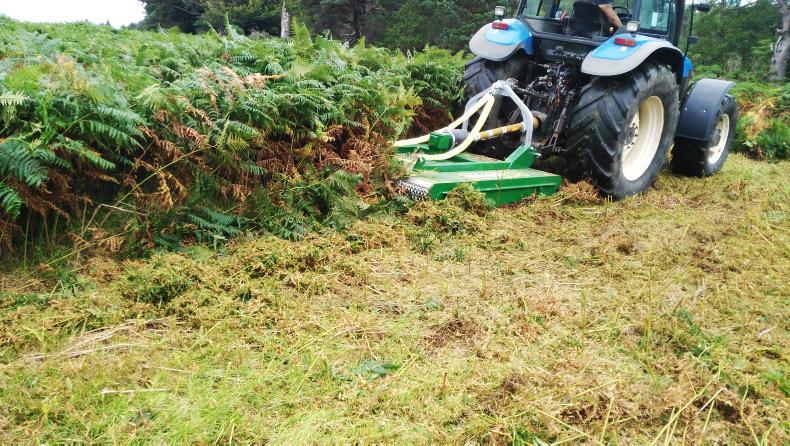
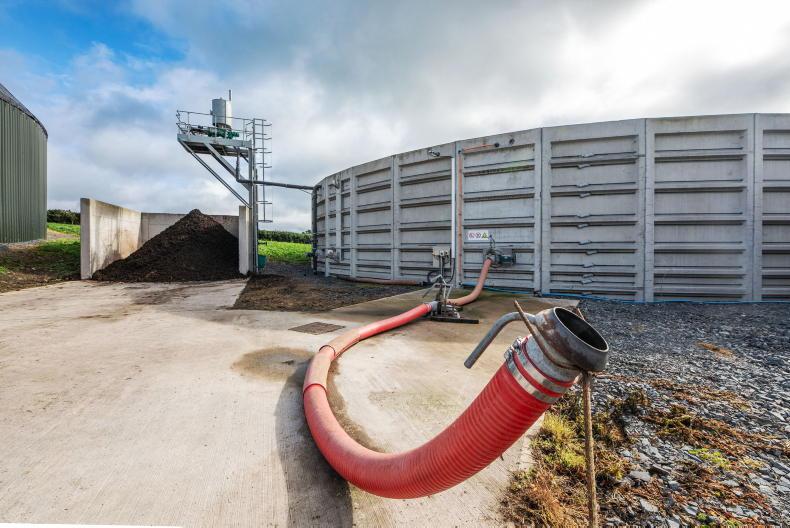

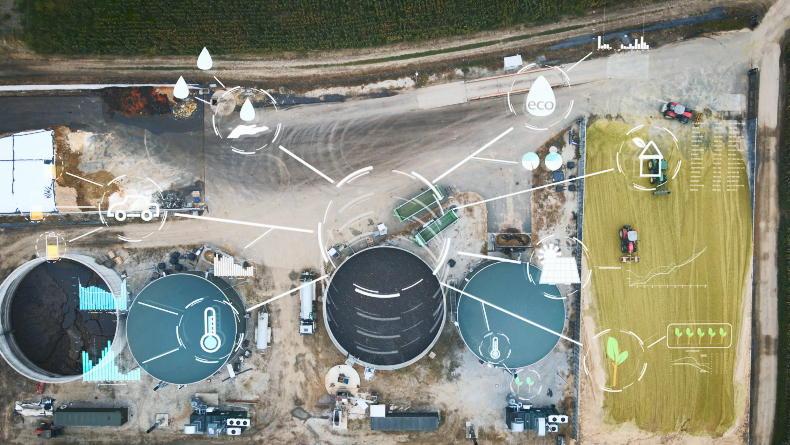
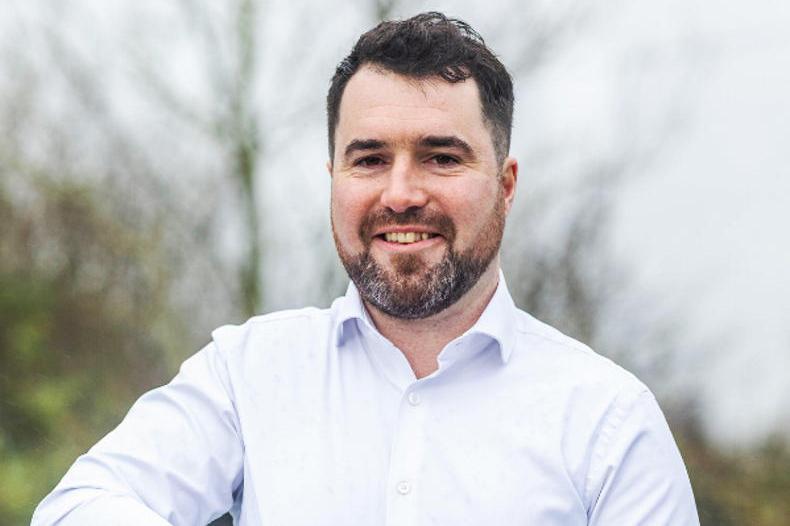
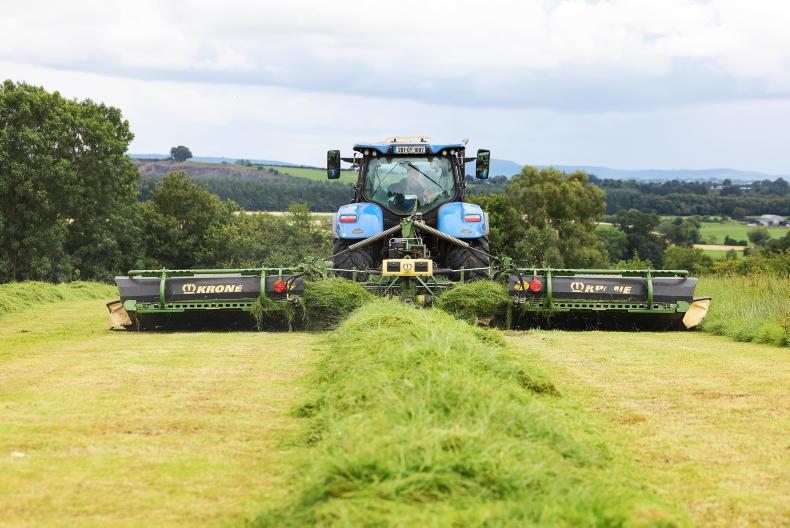
SHARING OPTIONS